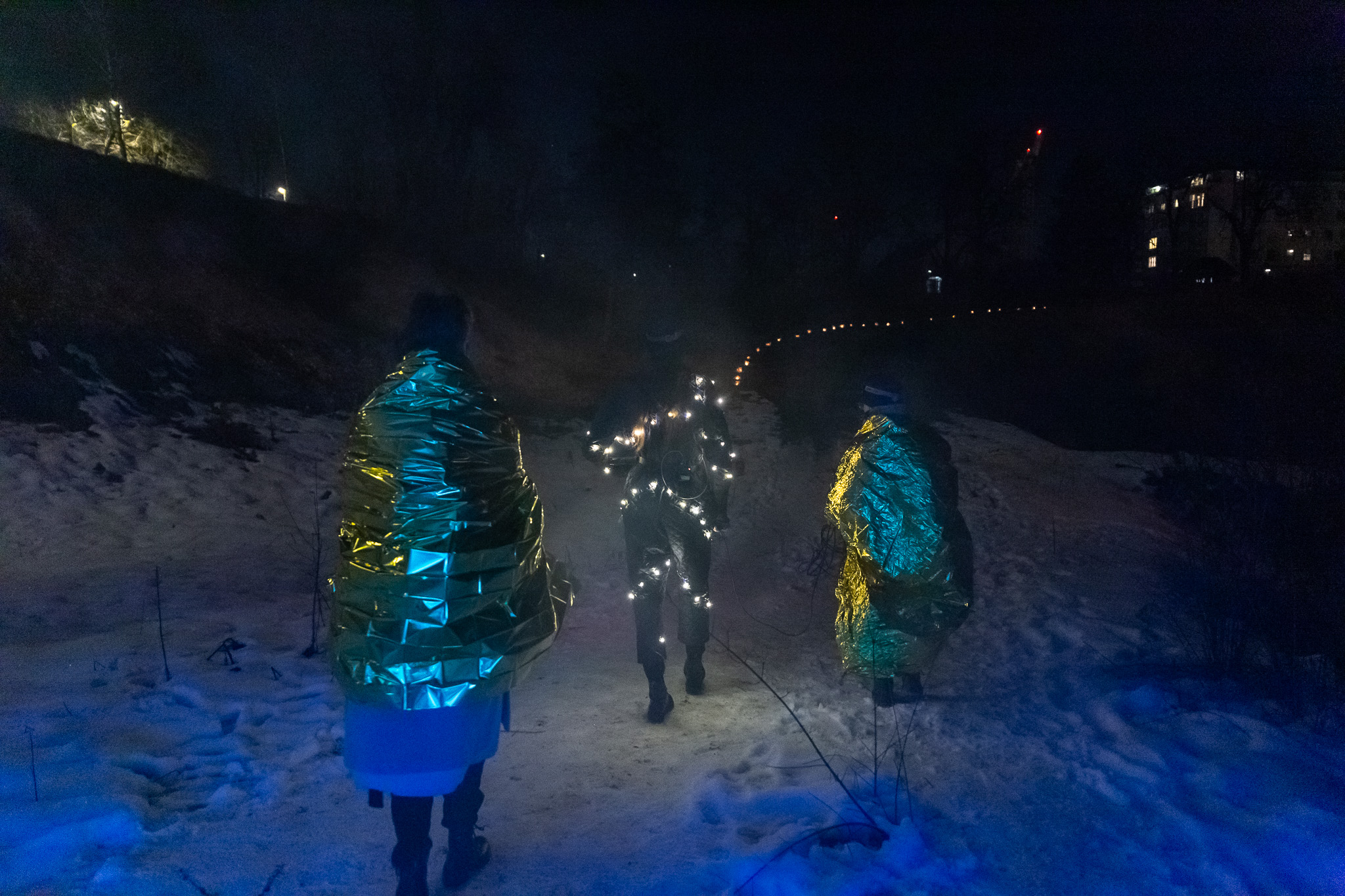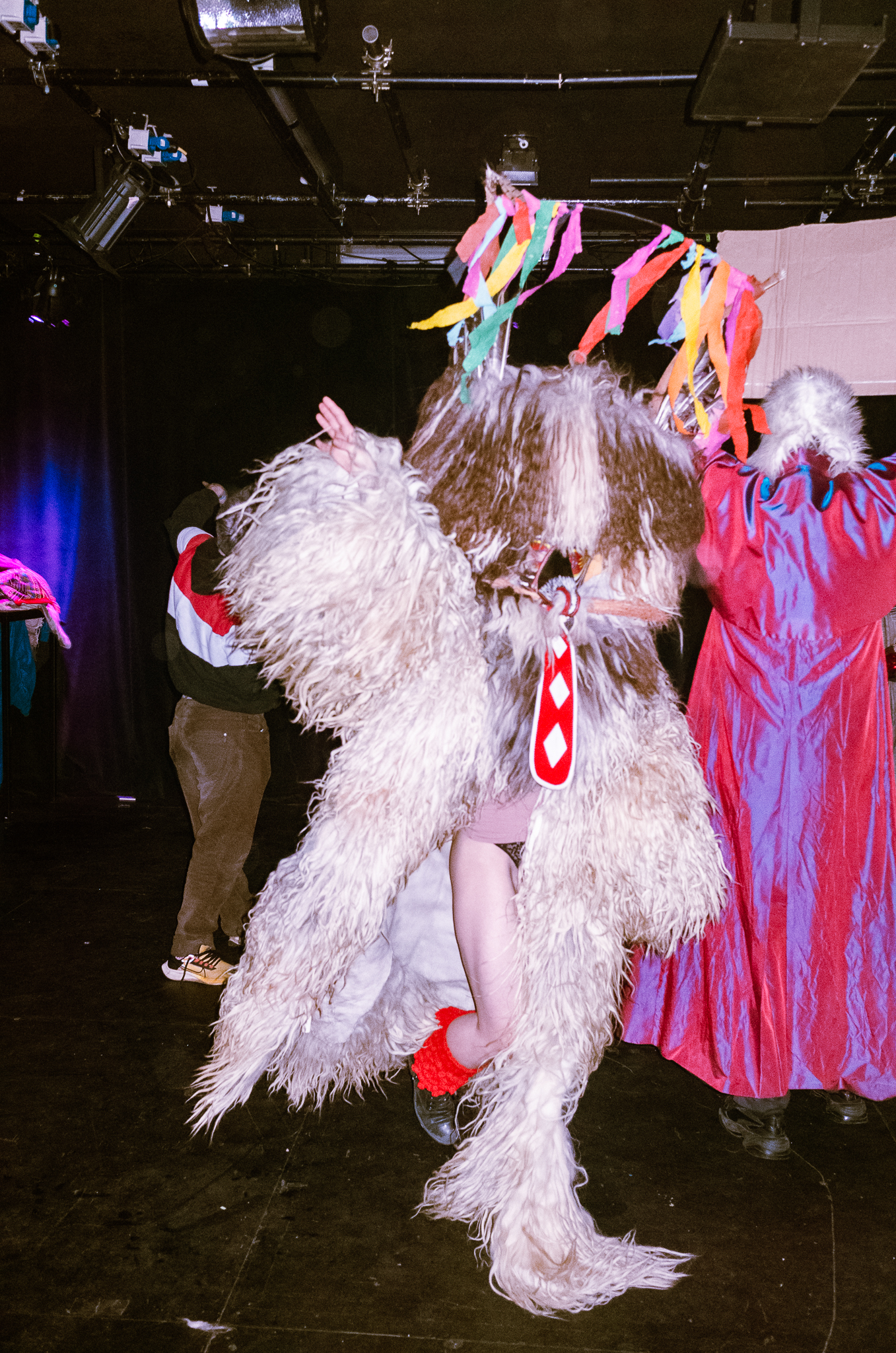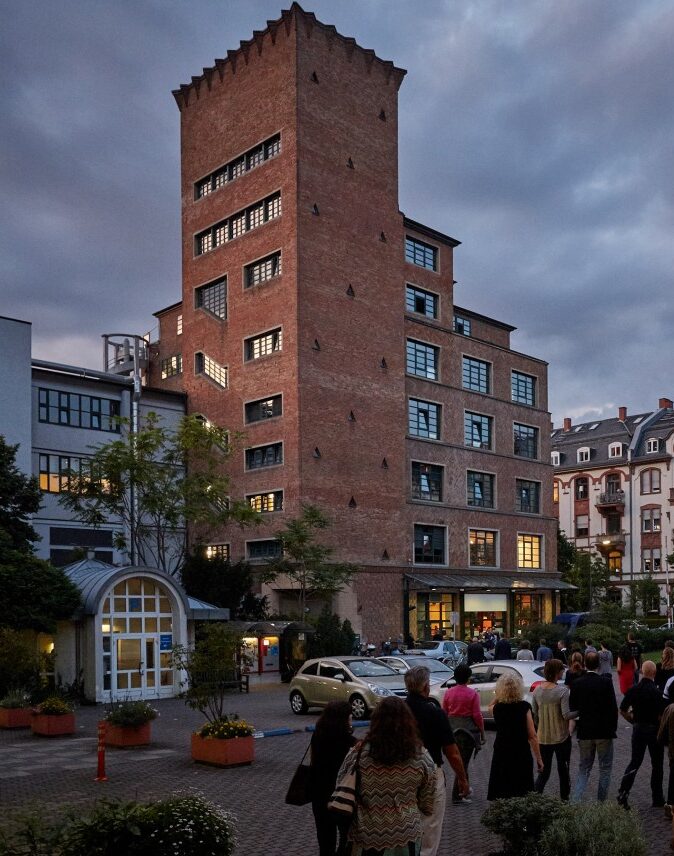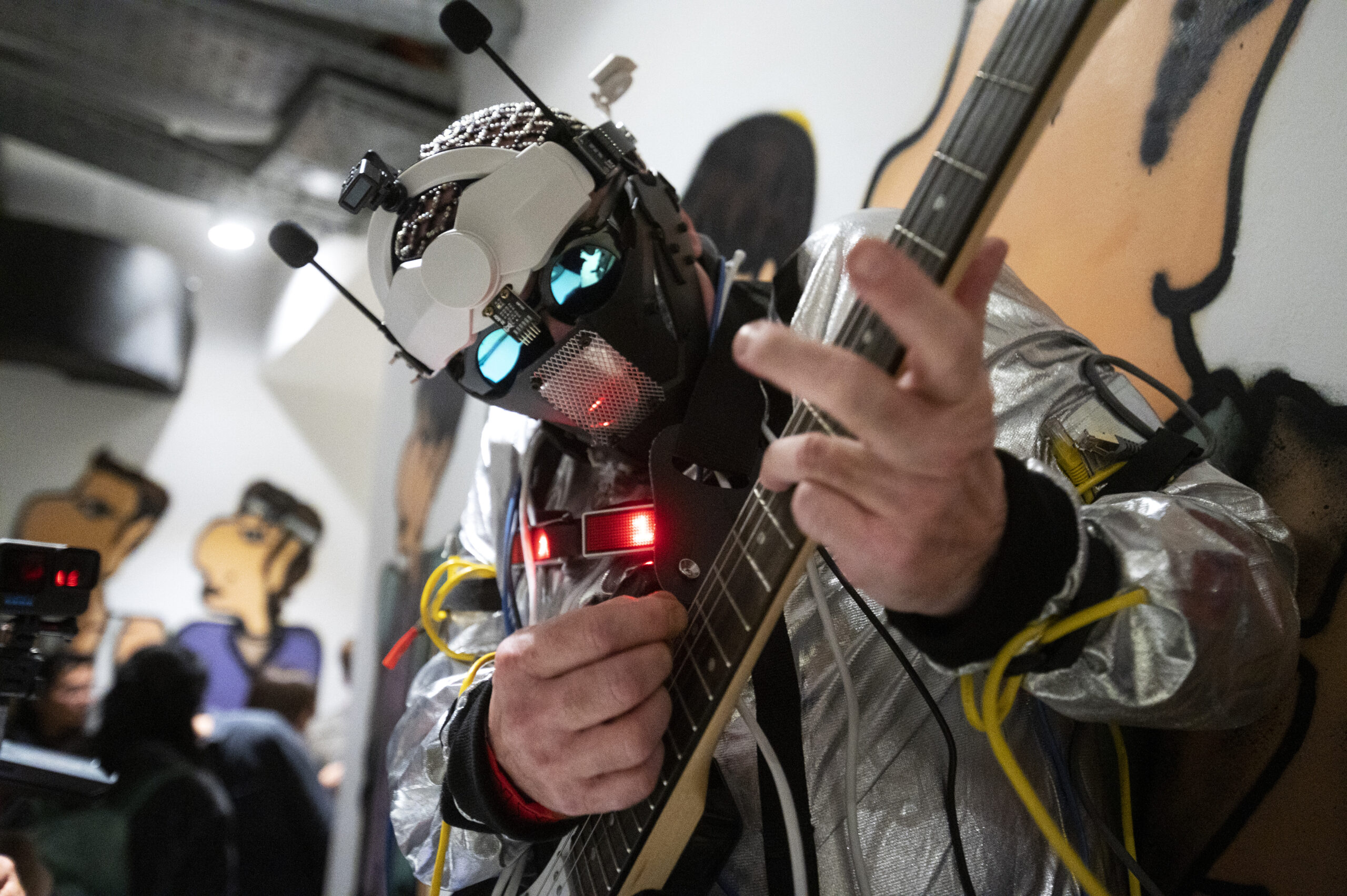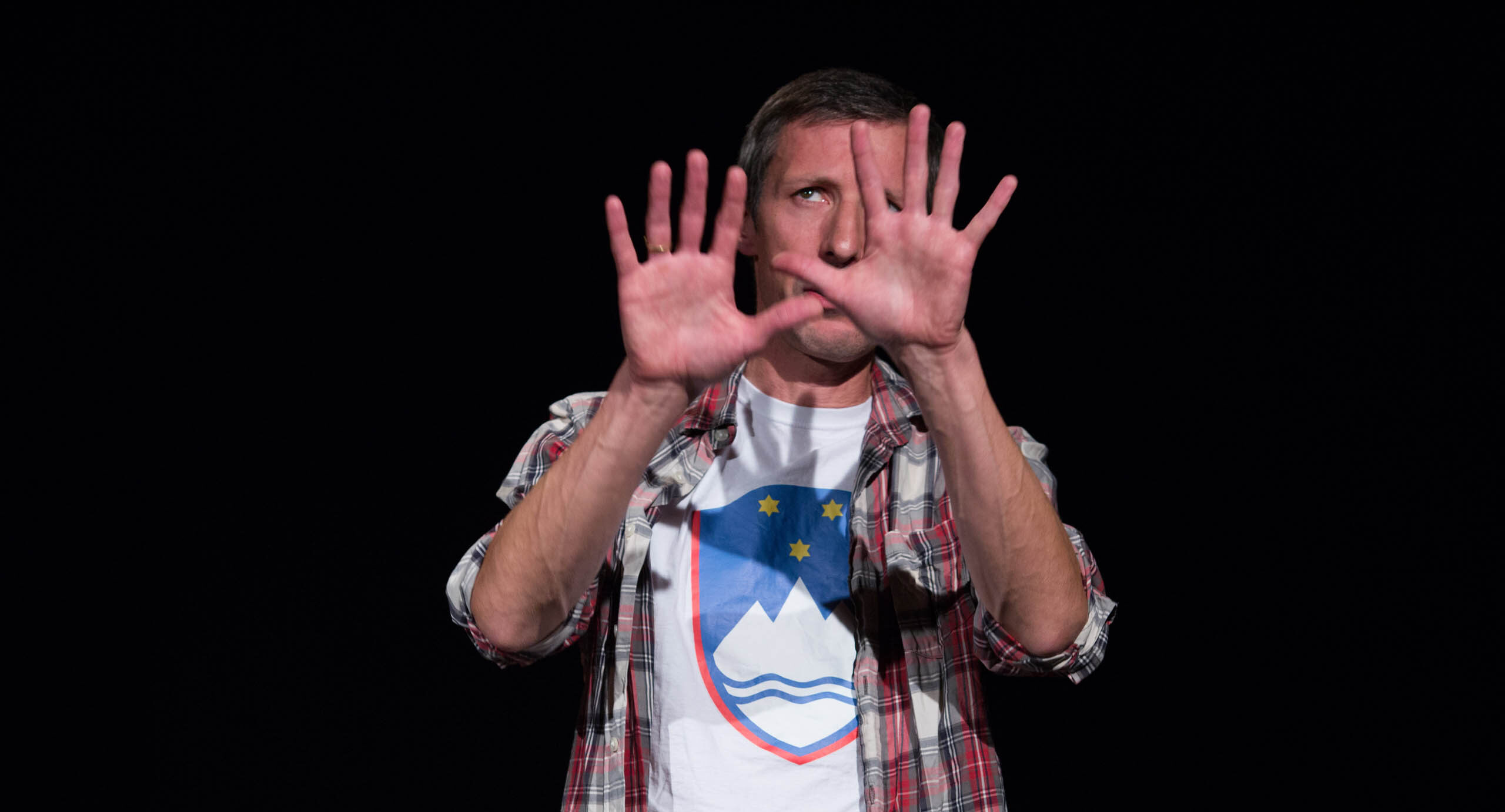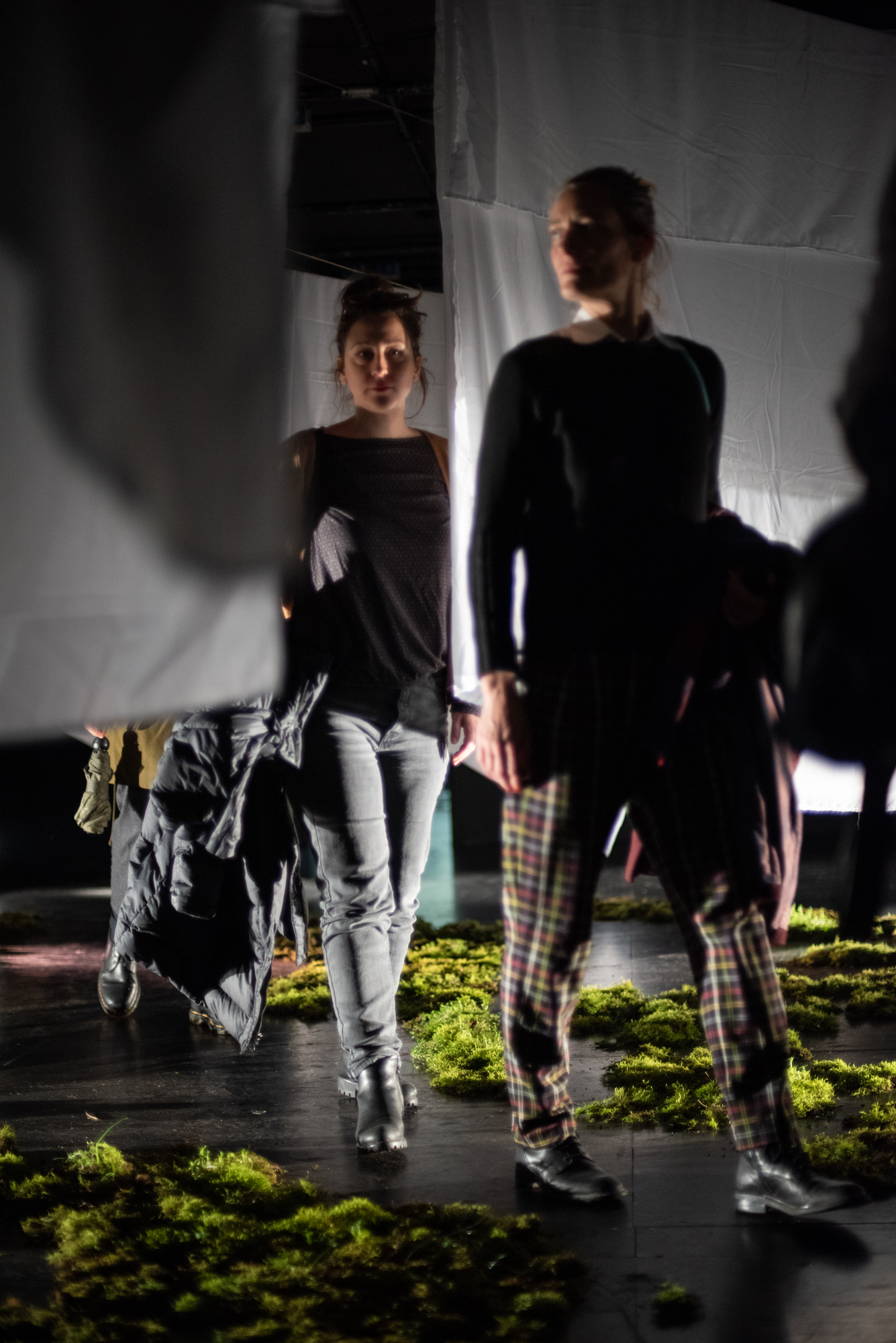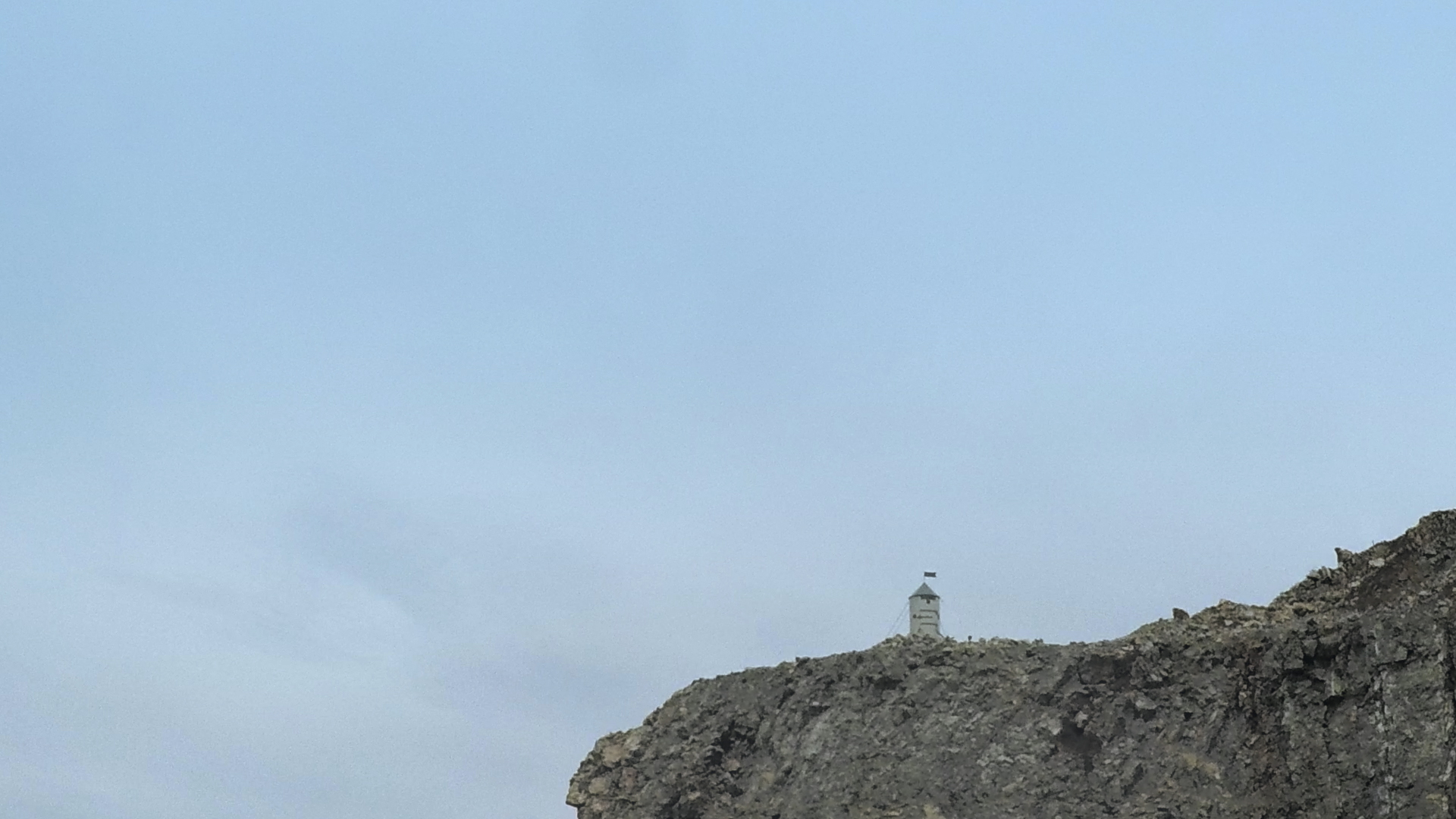Irwin and Tevž Logar: National Exhibition of the NSK State

The NSK State was founded in 1992 by the Neue Slowenische Kunst (NSK) art collective, consisting of Laibach, Irwin, Noordung, New Collectivism and the Department of Pure and Applied Philosophy. By the end of the decade, the NSK groups had gained a reputation in Europe, America and Japan. The works and actions of the NSK have provided commentary on many of the political processes of the last two decades, and today the collective is recognised as having played a key role in the political and cultural history of Slovenia and the former Yugoslavia, as well as in the pluralisation of Slovenian society and culture in the 1980s.
Although the population of the NSK cannot be compared to most other countries, the structure of its citizens already makes it an international power. Its citizens include many outstanding, world-renowned artists, art theorists and curators. Thus, most other countries can hardly compare with the NSK in the field of contemporary art.
The Irwin collective invited Tevž Logar to record a series of interviews with its citizens working in the field of visual arts. He also curated two exhibitions of the NSK State, which featured works by a section of artists, citizens of the NSK.
- WEDNESDAY, 27. 9. 2023, 21.30 , Old Power Station – Elektro Ljubljana
A selection of research interviews with possible participants of the NSK State Art Exhibition + poster
Interviews by: Tevž Logar
Questions formulated by: Tevž Logar in Irwin.
Participants: Pablo Helguera (16:25 min), Ištvan Huzjan, (7:27 min), Emily McMehen (9:20 min), Alban Muja (21:00 min), Mladen Stilinović (9:26 min), Ahmet Ögüt (15:00 min). In addition to the participants, we would also like to thank Katherine Carl and Matej Marinček.
NSK State in Time Appearances in Space, poster, 140 x 100 cm
Kaja Kraner
“A friend of a friend knows someone who has been there. He said it was a beautiful country.” 1.
The project NSK – State in Time (1992–) should not be understood merely as a critical reaction to the post-independence processes of the formation of Slovenian national identity as an imagined community, even if the Irwin group and other NSK counterparts “traumatised the image of the Slovenian nation back in the 1980s”, as one source says. The project is also not loyal to the parallel participatory, relational and interactive trends in contemporary visual arts from the 1990s onwards, which could lead us to view the project as a shift from acting within the art system towards social experimentation. The concept of the State in Time project is possible under certain – in this case, particularly technology-supported – conditions.
Much like prior forms of State were supported by the technology of writing, which enters a certain space and implies cartography or a cartographical orientation in space (regarding space as a territory, a bureaucratic administration of the population, etc.), dependent on discursively expressed regimes of ideas, programmes and plans, and related to the development of mechanical printing and mass media that enabled the formation of a bourgeois audience, the initial forms of digitalisation in the 1990s opened the possibilities for new forms of sociality, orientation and control. For instance, the sociality formed in accordance with temporary common interests (a “temporary community”) and mainly by synchronic and relational means supported by the World Wide Web.
After all, the forms of sociality supported by digital technologies, media and communication platforms are not realisations of an authentic direct democracy that are made possible through a continued presence of a small population in a shared space, but mostly dispersed, fragmented, occasional communities which – happen in time. As material realisations of the identity of the NSK – State in Time in the form of embassies in various places accompanying Irwin’s art events, they emerge sporadically and for a limited time, not requiring a single, pre-devised plan, aim or common ideological core. At the same time, these communities happen in the conditions of the further undermining of clear lines between the public and the private, as public space is increasingly created from communication exchanges in private spaces, much like the embassies of NSK– State in Time in the early 1990s were situated in private residencies. These conditions, among other things, also enable the creation of digitally supported forms of folk culture, which do not originate from the transmission of information in a given geographically definable space, but develop mainly from the phenomenon of viral digital images and other internet phenomena.
As a post-territorial and transnational state entity, NSK – State in Time nevertheless remains largely in the sphere of culture and art: it is a product of performance and exhibition. Without technology-supported possibilities of distribution beyond the social bubbles of like-minded people – for instance the possibility of obtaining a passport online – it would have easily turned into a modern realisation of a literary republic. But the citizenship of NSK – State in Time expanded in the course of its existence beyond the representatives of the art sphere and audience, with some citizens, due to their particular circumstances, trying to use the passport as an official identity document. In this sense, NSK – State in Time is somewhat similar – for example – to the State of Slovenia: while culture and art are not its constituent ideological foundations that are supposed to enable the coming together of different elements, but rather a neutral context of open possibilities that enables the (voluntary, in principle) coming together of citizens according to criteria that are in line with their own social status, possibilities and desire or necessity to belong.
1. Anonymous quote In Inke Arns, “The Nigerian Connection: On NSK Passports as Escape and Entry Vehicles.” Irwin, Ed. State in Time, Minor Compositions in Dolenjski muzej, 2014: 95.









